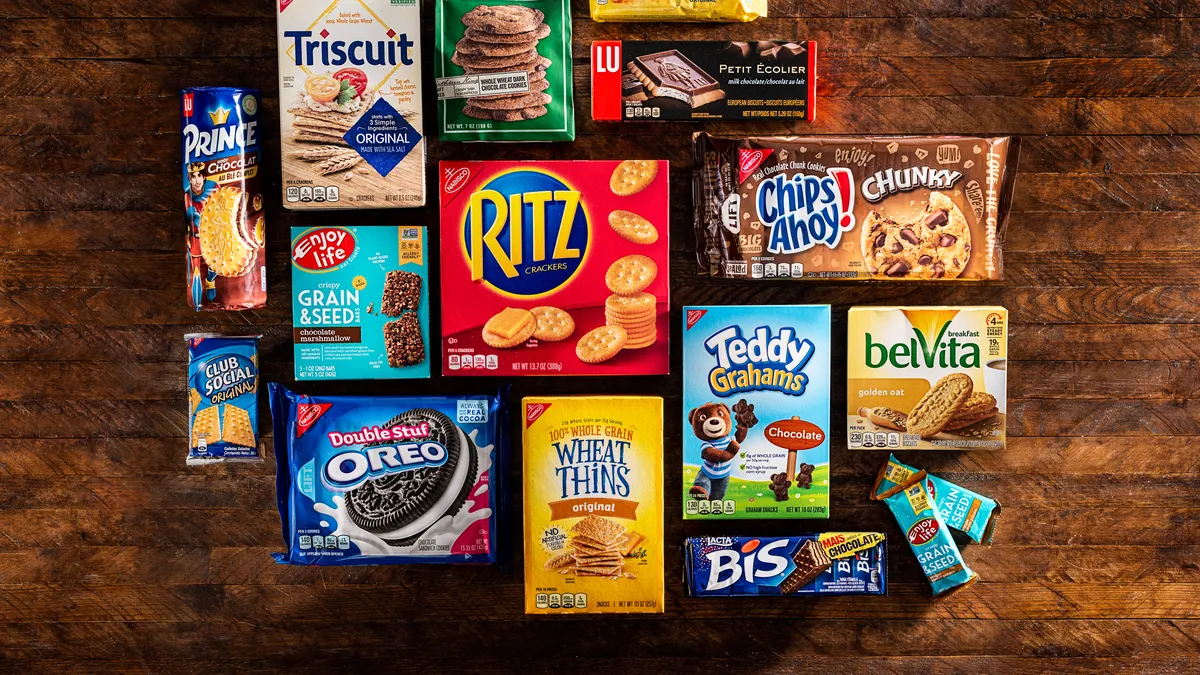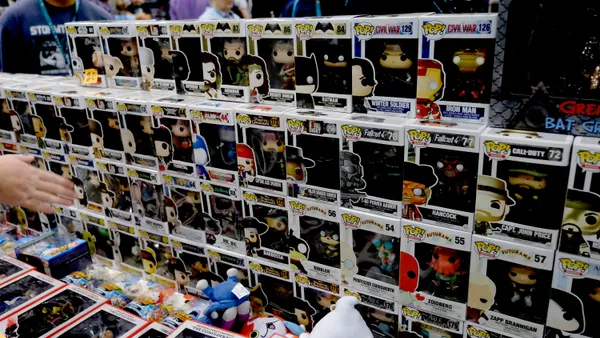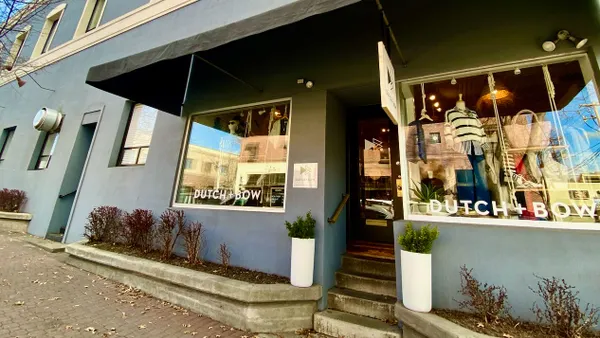Dive Brief:
- Mondelez has pledged to reduce its use of virgin plastic in rigid plastic packaging by at least 25%, or by 5% in its overall plastic packaging portfolio by 2025, according to a statement. It aims to reach its target by eliminating plastic material, increasing its use of recycled content and adopting reuse models for its product portfolio.
- The company has also called for a "reasonable" federal recycling scheme in the United States for flexible plastic films and other plastics. Mondelez uses the lightweight plastic to lower its environmental footprint, but believes that recycling infrastructure improvements are needed for flexible films.
- Mondelez invests more than $30 million each year in technology, resources and recycling infrastructure. Between 2019 and 2025, it expects to spend about $300 million toward plastic sustainability efforts. Although there is no federal framework for plastics recycling, Mondelez's efforts could greatly benefit from one, as plastic experts foresee usage of flexible plastics growing to "billions of units by 2023."
Dive Insight:
Mondelez's new plastic packaging goals expand on the company's promise to become more eco-friendly in the coming years. Specifically, it's tackling its use of virgin plastics.
The company is close to hitting its earlier goal to use 5% recycled content by weight in all of its plastic packaging and to design all packaging for recyclability by 2025. According to Mondelez, 94% of its packaging is already designed to be recycled. But targeting its use of new plastic puts it in step with announcements by other large food and beverage manufacturers. Coca-Cola is reducing its use of new plastic by 20% compared to 2018, and Nestlé is spending $2.1 billion to shift from virgin plastic packaging to food-grade recycled products.
Using recyclable or compostable goods isn't the only way to reduce packaging waste. In recent years, technologies have been introduced to completely do away with some parts of packaging. Südpack, a German company, found a way to get rid of the tray commonly used in meat products and developed a plastic seal that uses 40% less plastic than the film that is currently used to keep meat fresh. Recently, General Mills' Nature Valley brand unveiled a new recyclable wrapper and has chosen not to patent the material. As a snack company producing treats like Ritz crackers and Oreos, Mondelez could adapt the wrapper to fit its needs.
Companies' new initiatives aimed at reducing their impact on the environment have a promising future. Consumers are more interested in reducing the use of plastics, with a 2019 poll from PBS NewsHour showing that 24% of adults in the U.S. are willing to pay 5% more in order to have more eco-friendly everyday plastics available for use.
However, manufacturers' commitments to use recyclable packaging is just one piece of the puzzle. Developing a recycling framework for plastic packaging is another.
"Increasing recyclability of materials is a great start, but we need actual recycling rates of various materials to increase," Christine Montenegro McGrath, vice president and chief of impact for Mondelez, said in a statement. "Compared to rigid plastics like PET, flexible plastic films, like the flow wraps we use on our snacks, are still difficult to collect, sort and reprocess economically, because the infrastructure doesn’t exist yet for this to be done at scale."
While there is not currently a federal program in place to support recycling food packaging waste, something may be coming down the pipeline. As a presidential candidate, Joe Biden said that the United States should phase out the use of plastic shopping bags, and community and environmental groups are pushing him to take actions to reduce plastic packaging entering the waste stream.
This is as investors are also putting pressure on Big Food and other companies to limit single-use plastic packaging after the United States failed to sign a 2018 agreement with other G7 countries limiting the use of single-use plastics by 2040.















